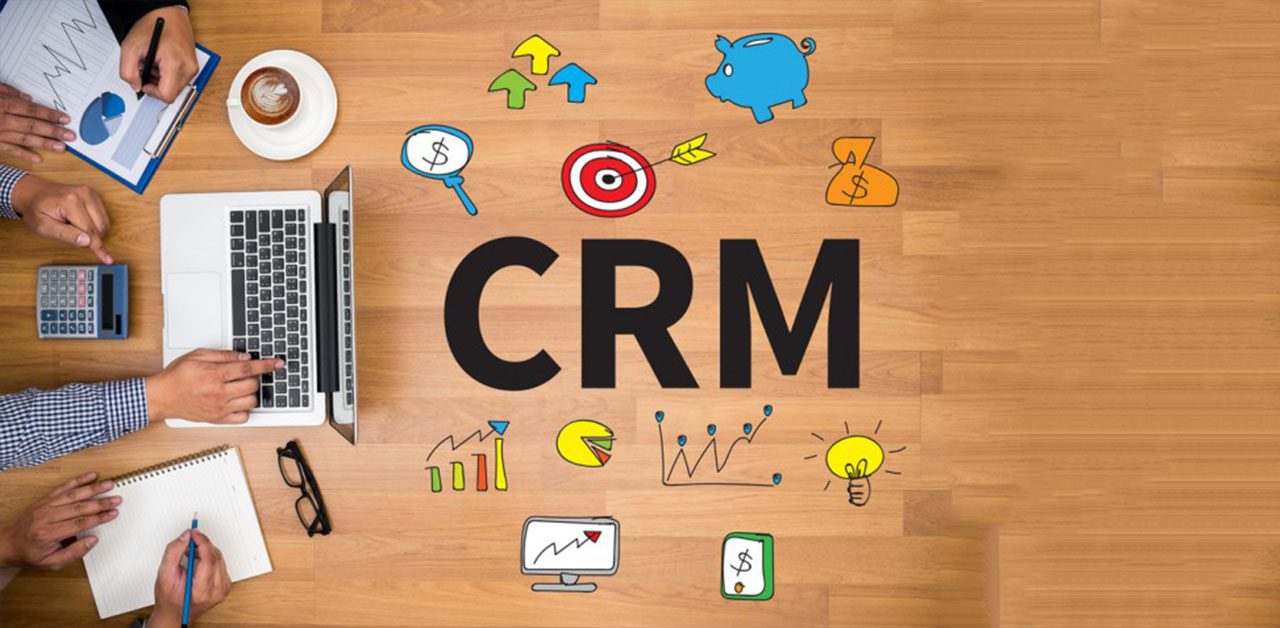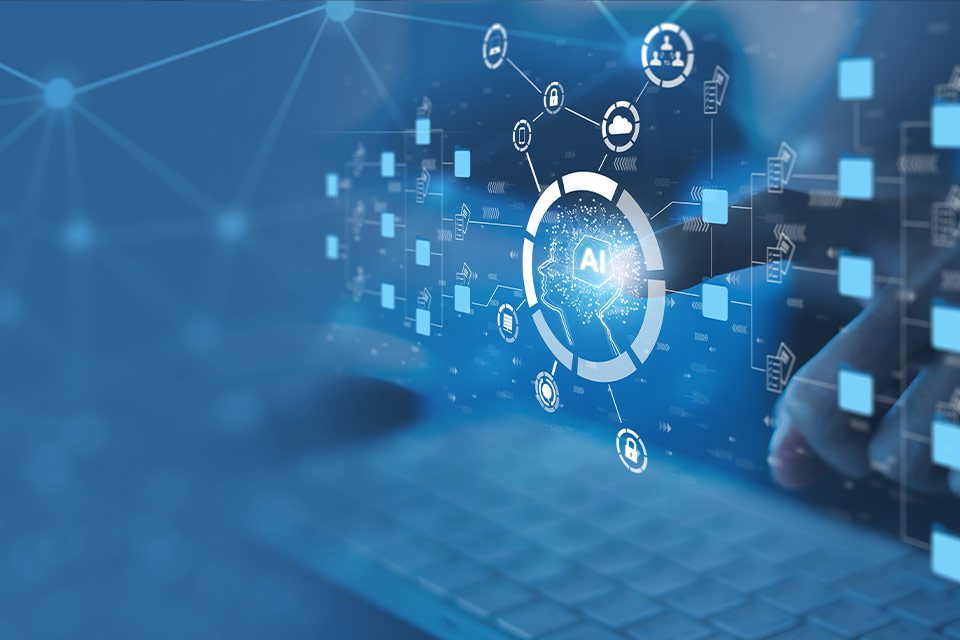Share
Read also
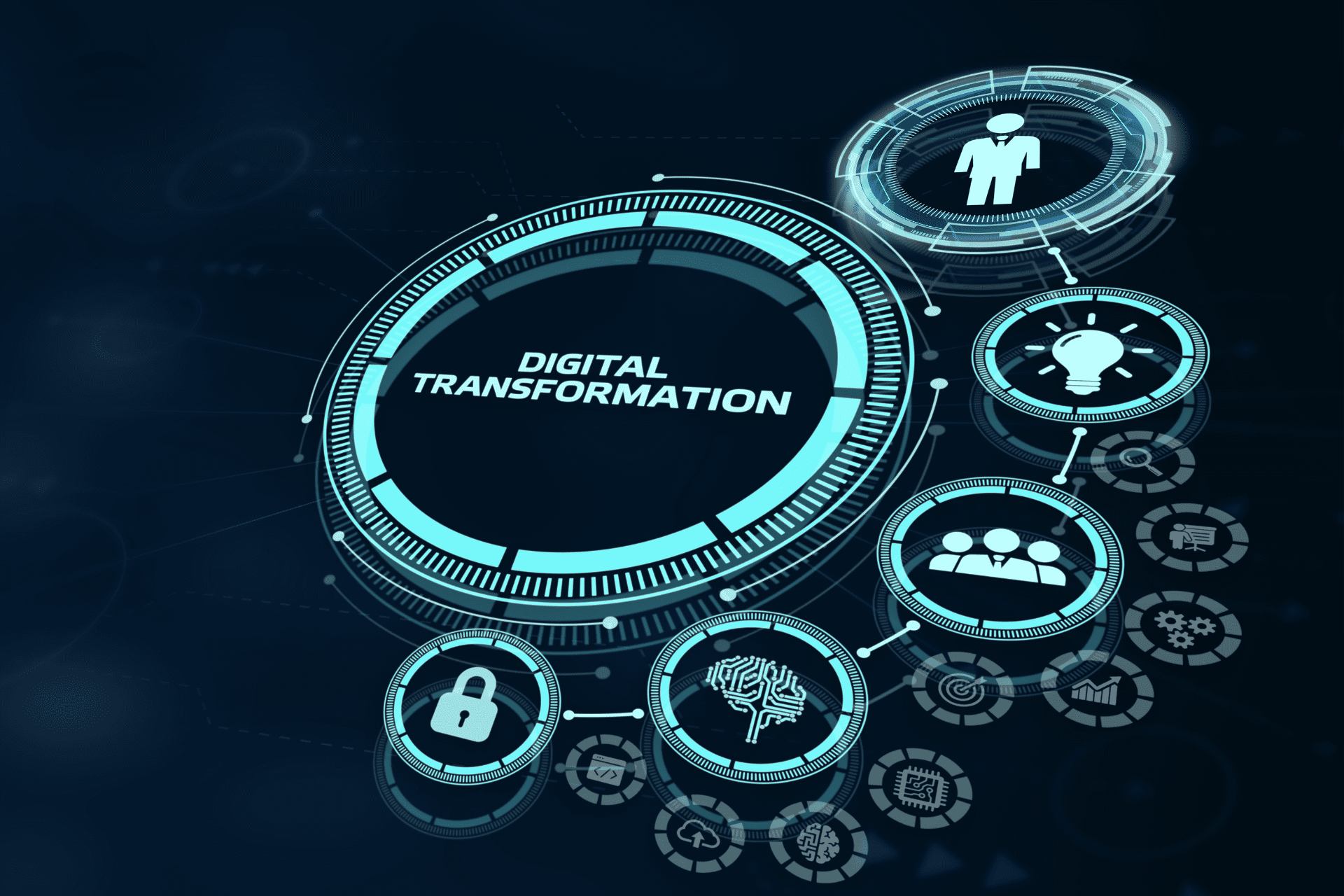
Trends & Views
Digital transformation strategies
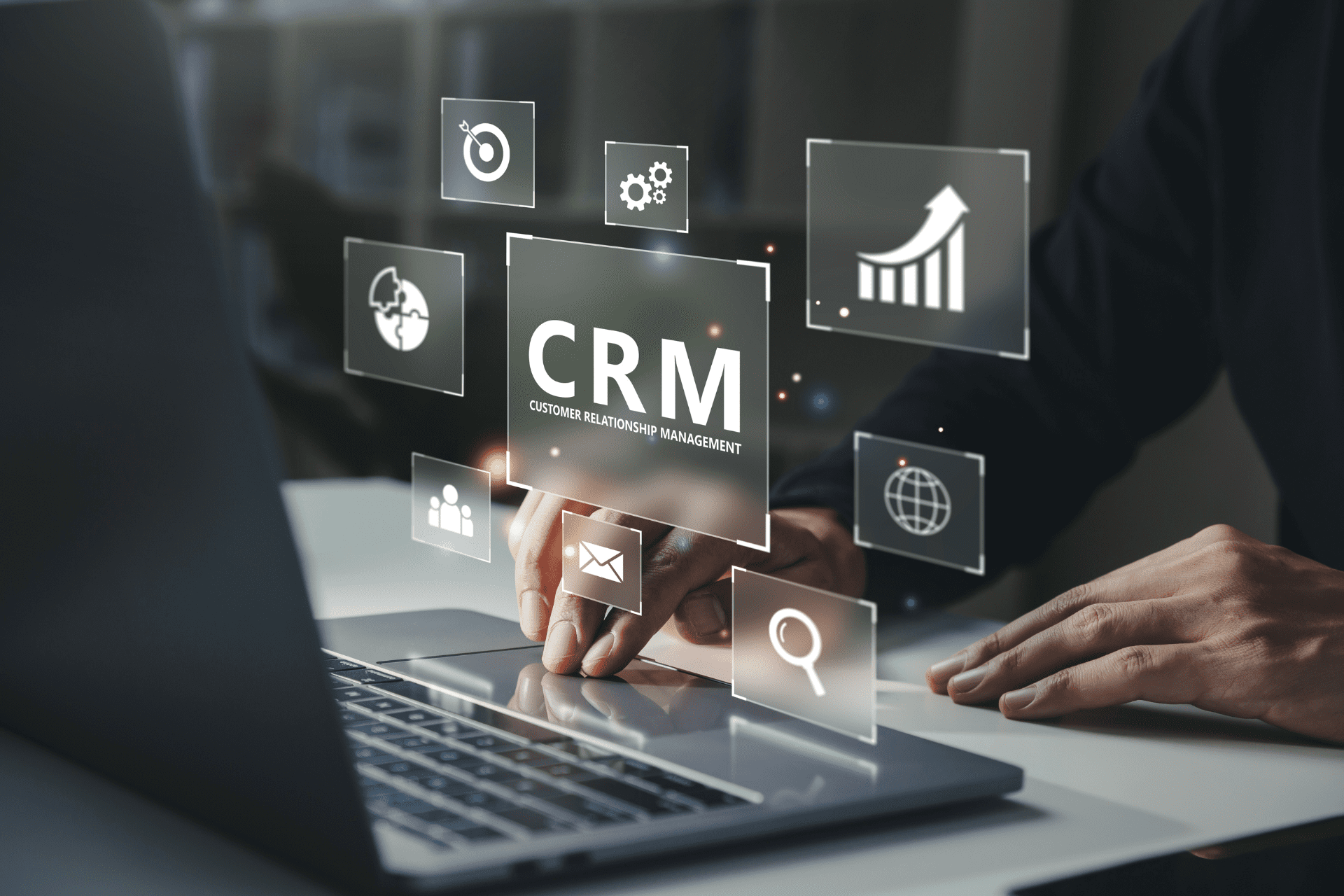
Business Software
CRM 2025 market: Response to increasing customer demands
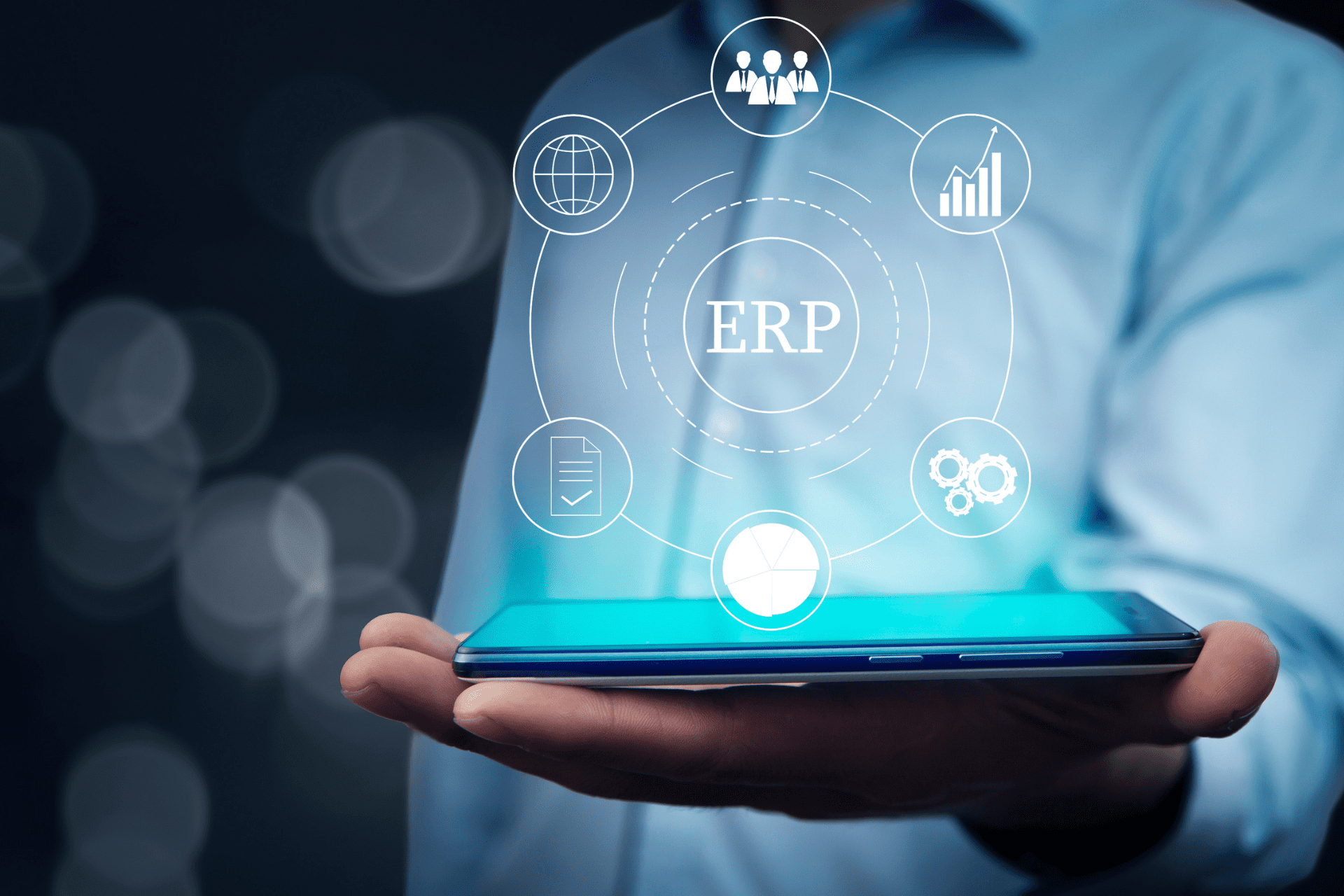
Business Software
Understanding the ERP lifecycle management

Mobility
How is EM shaping the way SMBs operate?
Implementing a complex system, such as an ERP, is not an easy undertaking. In order to help you avoid potential problems, we are presenting some important issues that must be addressed before, during and after the implementation of your ERP system.
Full control
It is important for businesses to maintain full control over the entire implementation process. Being in control of all decision-making stages, as well as the schedule, the budget and the implementation methodology, is of vital importance. Lack of control can result in achieving much less than expected from your ERP solution, and consequently you may come up against communication issues, delays, inefficient support and budget overrun.
Data access and availability
After implementing your ERP solution, system users will have access to integrated data according to their needs and requirements. This entails well-designed data classification, as well as efficient data filtering, mapping and migration that help ensure seamless data access for all desired operations. Otherwise, you may end up with inaccurately classified sensitive data, errors in data analysis and filtering, and so on.
Regulatory compliance
Part of the success of an ERP implementation is compliance with protocols. This is a necessary requirement, since it enables you to prevent data leaks, implement efficient cyber-security policies, and make the most of your ERP system’s advantages by automating permissions and sensitive information access and thus avoiding conflicts on an operational level. In addition, compliance helps you ensure that your business practices are in line with the industry standards.
Technical infrastructure
If your business is using obsolete equipment, don’t expect a cutting-edge solution to function properly. An ERP system is designed to meet your needs, which means it requires the appropriate infrastructure. Hence the software and hardware you are using, must be updated and upgraded according to the potential of your business. More specifically, solutions, networks and systems in general, must be able to protect your business from intruders, viruses, malware and other dangerous technology that might result in disappointing performance, unclear interface and third-party system identification, and data errors.
The importance of support
No system can meet the long-term needs of a business, unless it is kept updated and upgraded. Depending on your needs, your system has a specific life-cycle, so upgrading or replacing it might be the only way. In this case, a strong support system from a provider that really understands your needs, will lead your business to the next level.


